European markets sink as Russia halts gas flows; Stoxx 600 down 1%
[ad_1]
Shares of Dechra Pharmaceuticals down nearly 10%
Shares of London-listed Dechra Pharmaceuticals fell 9.7% during afternoon trade after the company reported full-year financial results.
Dechra said revenue grew 13.8% to £681.8 million ($783 million) for the year ending June 30.
There was also a 60bps decrease in the margin to 32.3% in the organization’s EU pharmaceuticals segment as operations normalize following Covid-19.
— Hannah Ward-Glenton
A sterling crisis could be imminent, says Deutsche Bank
A banners of Deutsche Bank is pictured in front of the German share price index, DAX board, at the stock exchange in Frankfurt, Germany, September 30, 2016.
Reuters
Following the news that Liz Truss will become Britain’s new prime minister, Deutsche Bank says policy announcements in the coming weeks will be crucial if the U.K. is to avoid extreme macroeconomic events, particularly a balance of payments crisis.
Sterling was fractionally lower against the dollar on Monday afternoon, trading just below $1.15, but Deutsche Bank FX Strategist Shreyas Gopal warned that the risks of a “sterling crisis” should not be underestimated.
“With the current account deficit already at record levels, sterling requires large capital inflows supported by improving investor confidence and falling inflation expectations. However, the opposite is happening,” Gopal said in a note Monday.
“The U.K. is suffering from the highest inflation rate in the G10 and a weakening growth outlook. A large, unfunded and untargeted fiscal expansion accompanied by potential changes to the BoE’s mandate could lead to an even bigger rise in inflation expectations and — at the extreme — the emergence of fiscal dominance.”
Truss has also suggested scrapping the Northern Ireland protocol, a key part of the post-Brexit withdrawal agreement between the U.K. and the European Union, a move likely to prompt retaliation from the bloc.
Gopal suggested that added uncertainty on trade policy would further muddy the macroeconomic picture and dent investor confidence.
“The risk premium on UK gilts is already rising, coincident with unusually large foreign outflows. If investor confidence erodes further, this dynamic could become a self-fulfilling balance of payments crisis whereby foreigners would refuse to fund the U.K. external deficit,” he said.
– Elliot Smith
Liz Truss to become new UK prime minister
Liz Truss will succeed Boris Johnson as Britain’s prime minister after being elected leader of the U.K.’s ruling Conservative Party.
After a drawn out contest with former Finance Minister Rishi Sunak, Truss got 81,326 votes from Conservative Party members, while Sunak got 60,399.
Truss will take the reins during one of the most turbulent economic periods in recent British history, as the country faces soaring energy bills and a rapidly deteriorating cost of living crisis.
– Elliot Smith
U.K. markets await decision on next prime minister
Britain’s next prime minister is due to be announced in around 15 minutes’ time, with market participants hoping the news will put an end to the political no man’s land created when Boris Johnson stepped down in July.
The results of a grueling, and at times bitter, leadership contest within the ruling Conservative Party are due to be announced at 12:30 p.m. London time.
The next prime minister will be either current Foreign Secretary Liz Truss or former Finance Minister Rishi Sunak, with Truss the firm front-runner.
The FTSE 100 index was trading around 0.7% lower around midday, while sterling was flat against the dollar.
— Katrina Bishop
Stoxx 600 down 1.2%, euro pares losses, Uniper down 11%
The pan-European Stoxx 600 index was down 1.2% by early afternoon deals, while the euro recovered some of its earlier losses to trade back above the $0.99 mark.
Shares of German utility and major gas importer Uniper were still down more than 11% as gas prices soared on the back of Russia’s halting of flows to Europe.
European situation is ‘grim’ and bad news is not fully priced in, says market analyst
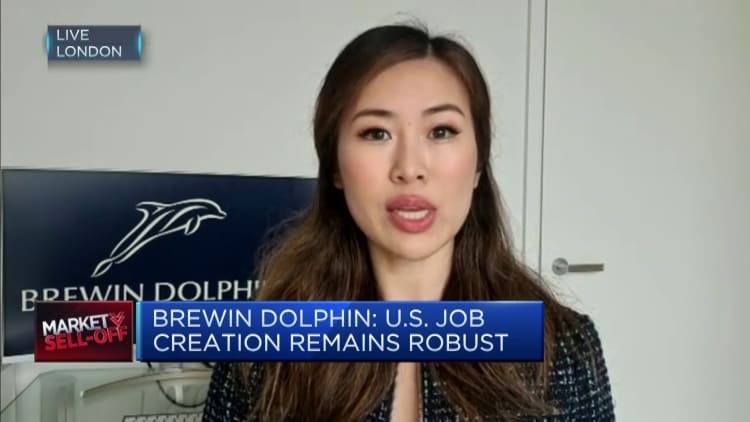
Prospects for European markets are looking “very grim indeed,” one analyst told CNBC Monday, as the reality sinks in that Russia is likely to continue restricting its gas supply to the region.
“Investors will be very cautious going forward now,” Janet Mui, head of market analysis at U.K. wealth management firm Brewin Dolphin, told “Squawk Box Europe.”
“The very clear implication is that euro assets will be under pressure, and we saw that the euro has hit a new low versus the dollar.”
The flip side, she said, was that the dollar would be much stronger against both the euro and sterling. The dollar index, which measures the greenback against a basket of currencies, hit a fresh 20-year high Monday morning.
In turn, this could prove disinflationary for the U.S. economy, meaning the Federal Reserve does not need to be so aggressive in rate hikes going forward. She said the current market pricing of a Fed funds rate around 4% next year could be as high as it goes.
“A lot of bad news is already being priced in in the U.S. market, whereas in Europe it is probably not there yet,” Mui said.
— Jenni Reid
Kremlin blames sanctions and Europe for gas stoppage
Russia’s Gazprom saw its shares surge on Wednesday after reporting bumper first-half profits and announcing a new dividend to shareholders.
Stoyan Vassev | Press service of Gazprom Neft | via Reuters
The Kremlin is rejecting blame for its halting of gas supplies to Europe via its Nord Stream 1 pipeline, pointing instead to Western-imposed sanctions that it says has made it impossible to acquire the parts needed to keep the pipeline infrastructure running.
Western sanctions were “causing chaos” to necessary maintenance work on the pipeline, Kremlin spokesman Dmitry Peskov said in a conference call with media, disagreeing with European leaders’ accusations that it was weaponizing its gas supplies.
Russian state gas provider Gazprom, which supplies the gas for the Nord Stream 1 pipeline connection to Russia and Germany, completely halted its supplies to Europe after detecting what it said was an oil leak.
— Natasha Turak
Europe’s Stoxx 600 index is down 1%, off lows
Here’s an update on how the pan-European Stoxx 600 is trading this morning:
European gas prices soar as Russia halts gas flows
European gas prices soared by around 30% on Monday after Russia said it would shut off gas flows to the continent via its Nord Stream 1 pipeline indefinitely, renewing fears of widespread gas shortages and rationing.
The front-month gas price at the Dutch TTF hub, a European benchmark for natural gas trading, was last seen at 281 euros per megawatt hour.
Stocks on the move: Uniper down 11%
Shares of German utility Uniper plunged more than 11% in early trade as gas prices soared on the back of Russia’s halting of flows to Europe.
The company, Germany’s largest importer of gas, has already been forced to agree a 15 billion euro bailout with the German government due to the Russian supply squeeze.
Euro dips below $0.99 as Russia halts gas flows to Europe
Dollar index marks 110, hits highest level since 2002
The U.S. dollar index hit 110.086 in Asia’s morning trade, reaching a new two-decade high.
The Japanese yen weakened further to 140.3 after touching a 24-year low last week. The Korean won was at 1,370.87 against the greenback, a level not seen since April 2009.
CNBC Pro: This tech stock is up nearly 20% over the past year — and one pro says it’s got further to go
Tech stocks have endured a difficult year so far, with some of the biggest names deep in the red.
But one cybersecurity firm has stood out for its relative resilience, and market veteran Nancy Tengler believes the stock is just getting started.
Tengler, who is CEO and chief investment officer of Laffer Tengler Investments, said her bullishness on the firm might be construed as a “controversial,” but argued that it is in fact a safer bet within the tech space.
Pro subscribers can read more here.
— Katrina Bishop
Caixin services PMI show Chinese services activity grew in August
China’s Caixin Services Purchasing Managers’ Index for August came in at 55.0, compared with July’s print of 55.5.
The official non-manufacturing PMI for August is 52.6.
PMI readings are sequential and represent month-on-month expansion or contraction, where the 50-point mark means no change from the month before.
— Abigail Ng
CNBC Pro: Mohamed El-Erian reveals where to invest right now
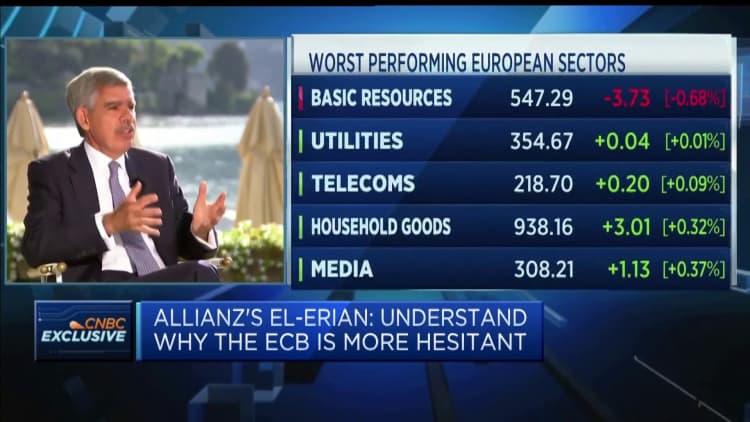
With stock and bond valuations falling concurrently, investors should be looking to get out of “distorted markets,” according to Mohamed El-Erian, chief economic adviser to Allianz.
“There was a time when all asset prices went up — stocks and bonds — and we forgot about correlations. Why care about correlations when you’re being paid for holding both risk assets and risk mitigating assets? It’s a lovely world,” he told CNBC’s Steve Sedgwick Friday.
“”But the first half taught us, and what we have again learned since the middle of August, [is] that they can both go down at the same time.”
Investors seeking alternatives have a couple of options, El-Erian says.
CNBC Pro subscribers can read more here.
— Elliot Smith and Katrina Bishop
European markets: Here are the opening calls
European stocks are expected to open cautiously higher on Wednesday with the U.K.’s FTSE index seen 18 points higher at 7,560, Germany’s DAX 33 points higher at 13,944, France’s CAC 40 up 18 points at 6,616 and Italy’s FTSE MIB up 42 points at 23,029, according to data from IG.
Data releases include preliminary euro zone unemployment data for the second quarter as well as second quarter gross domestic product. The latest U.K. inflation numbers for July will be released as well as preliminary second quarter Dutch GDP.
Earnings come from Uniper, Carlsberg, Persimmon, Balfour Beatty, BAT and National Grid.
[ad_2]
Read More:European markets sink as Russia halts gas flows; Stoxx 600 down 1%

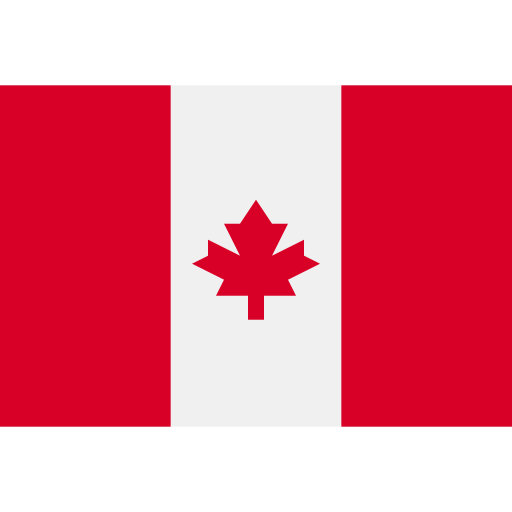 Canada
Canada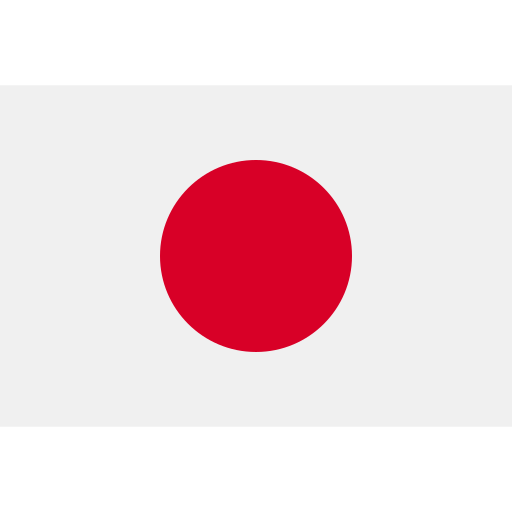 Japan
Japan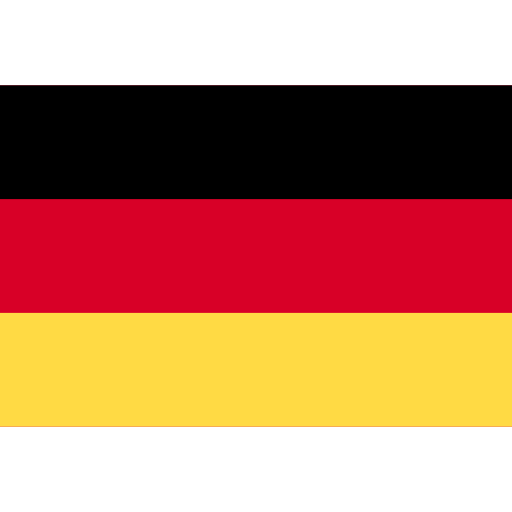 Germany
Germany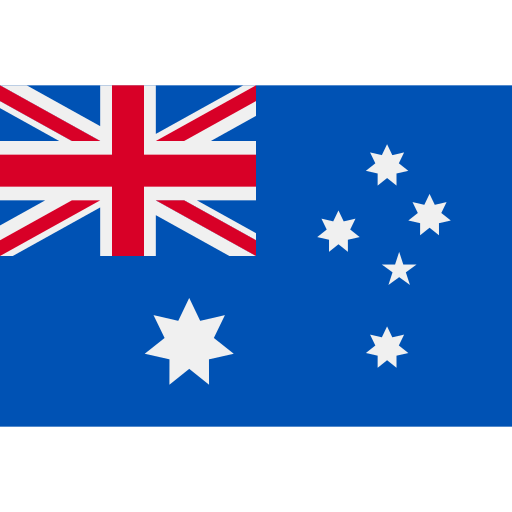 Australia
Australia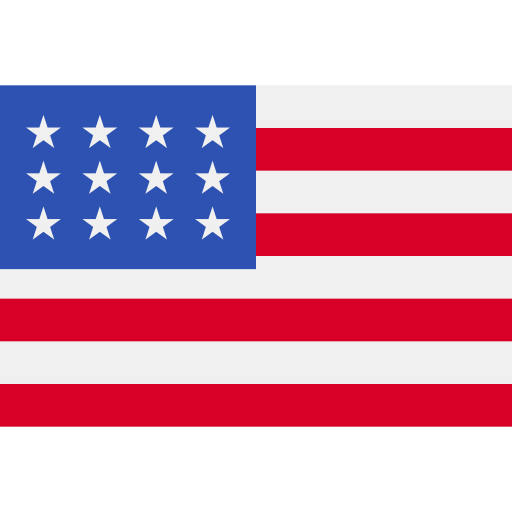 United States
United States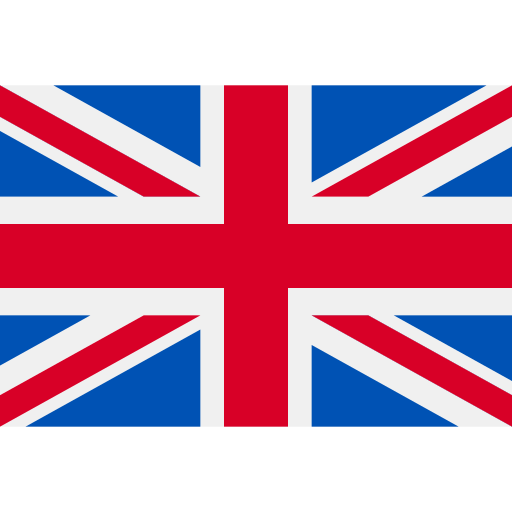 United Kingdom
United Kingdom China
China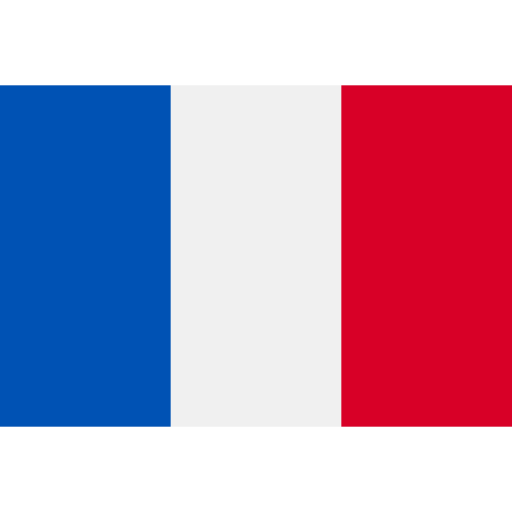 France
France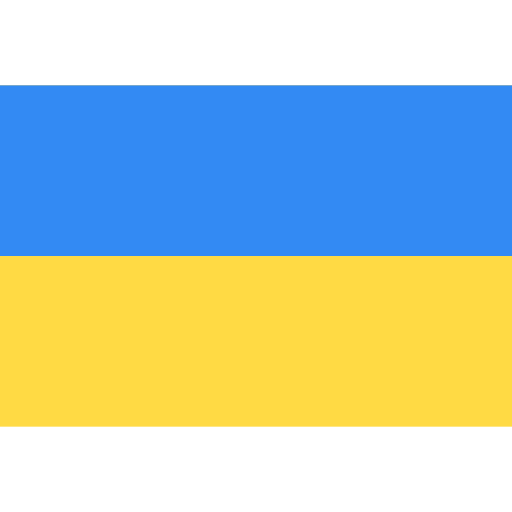 Ukraine
Ukraine Russia
Russia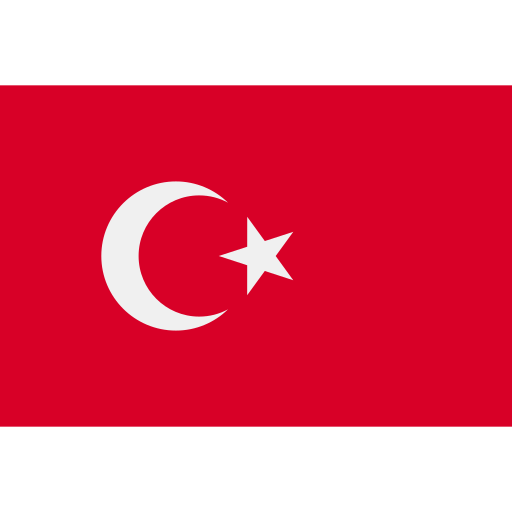 Turkey
Turkey